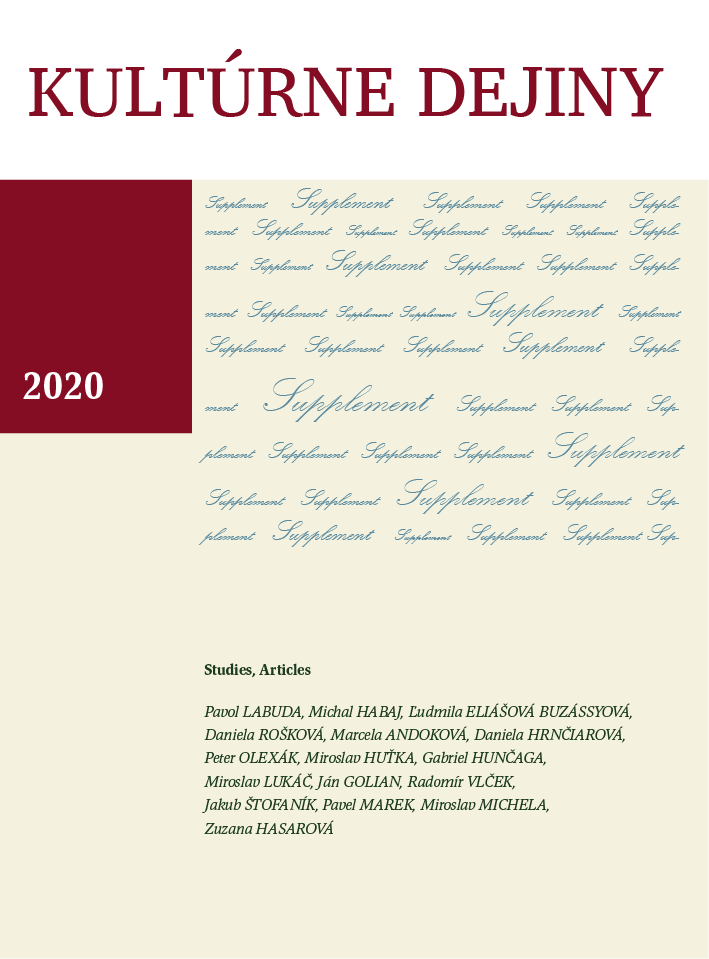Kult osobnosti a legitimizačné stratégie politikov v kontexte osláv SNP v rokoch 1945 – 1954
Cult of Personality and Legitimization Strategies of Politicians in the Context of SNU Celebrations in the years 1945 – 1954
Author(s): Miroslav MichelaSubject(s): History of ideas, Political history, WW II and following years (1940 - 1949), Post-War period (1950 - 1989)
Published by: VERBUM - vydavateľstvo Katolíckej univerzity v Ružomberku
Keywords: Cult of the president; Slovak National Uprising; memory politics; celebrations; Edvard Beneš; Klement Gottwald; Gustáv Husák;
Summary/Abstract: The cults of leaders (the president) have a strong tradition in our region. While studying the celebrations and politicization of the legacy of the uprising in Slovakia in the autumn of 1944 (also known as the Slovak National Uprising, SNU) I questioned the conditions and extent in which it was possible to connect this historical event with political agitation and the cult of certain politicians. The objective of the proposed study is to analyze SNU commemorations of the uprising during the years 1945 – 1954 in connection to the construction of personal political cults in Czechoslovakia. I base this on the hypothesis that it’s possible to outline the political instrumentalisation of the Slovak National Uprising by accentuating or reducing the role of selected personalities in the official discourse. At the same time, the stated politicians needed their own interpretation of the SNU that also served to represent their role in Czechoslovak history. The SNU constituted a part of their self-legitimizing personal history. The study shows how the new interpretations of the SNU were gradually pushed through – especially through the official speeches of key politicians. As to the line of reasoning, it has been proved that the changes occurred gradually and that they were constructed around certain continually repeated claims. In a convenient situation, these claims intensified and that also led to a new interpretation, in which the figure of the leader played an important part. I specifically pursue statements of a couple of politicians who came to hold the highest offices of the state in the post-war era: Edward Beneš and Klement Gottwald. I also survey the positions of Gustáv Husák who himself later became a “bearer” of a particular canonical interpretation. I don’t only emphasize the selected narrative-ideological strategies, but also the limits of their enforcement by power and ideology. Research has proved that until the death of president Gottwald, political power was supported, among others, by a cult of the president that held a symbolic significance. As to the source basis, I have concentrated – apart from selected archival sources from the Slovak National Archives and the State Archive of Banská Bystrica – mainly on the research of official papers, and public speeches printed in various periodicals, primarily in Rudé právo, the official daily newspaper of the Communist Party of Czechoslovakia.
Journal: Kultúrne dejiny
- Issue Year: 11/2020
- Issue No: Supplement
- Page Range: 307-328
- Page Count: 22
- Language: Slovak

